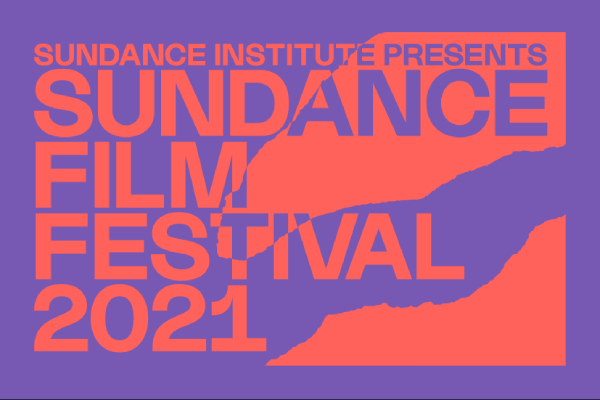This year’s Sundance Film Festival may have been shorter and with far less fanfare and frills than years past, but that didn’t stop dozens of feature films, events, and exhibitions from shining. This year’s festival was largely remote, allowing viewers to tune in from virtually anywhere in the world.
Rather than a traditional Main Street experience, visitors could stop by a “virtual Main Street,” complete with virtual lodges and events.
The festival’s iconic New Frontiers exhibit relied heavily on virtual reality to immerse visitors in this year’s cutting-edge works of art that ranged from a social-media expose about the rich kids of Iran to the possible future of using AI as….counselors.
Advertisement
Rich Kids: A History of Shopping Malls in Tehran combined live YouTube streaming with an interactive Instagram feed and stories, telling a story of an overprivileged young Iranian man who crashed his car, all while weaving together a historical narrative of Iran’s systemic inequalities, the corrupt justice system, and a hypocritical regime whose offspring don’t think the rules apply to them. This experience shows that average Americans have a lot more in common with Iranians than we think.
The Secret Garden exhibit used AI to tell the stories of African American women throughout history, combining dazzling visuals with impactful narratives, telling stories of women who survived everything from slavery to the 9/11 attacks. Even though no humans were involved in the experience, the technology did an amazing job of humanizing the hardships that African-American women have had to endure for centuries.
The Beyond the Breakdown exhibit emphasized the importance of human interaction and how technology has changed the way that we communicate with each other- even “face to face.” The interactive experience was moderated by “Serenity,” an AI manifestation that almost looked human. Serenity asked participants (who were in a Zoom-type group chat) a series of introspective questions, responding in kind. Critics of technology have always said that robots might take manufacturing jobs, but could they replace psychiatrists and counselors too? We’ll know in the future!
Using augmented reality animation technology, Fortune! Provided a humorous take on the value that society places on money by telling the story of Frank Bourassa, the Canadian conman who counterfeited $250 million in fake $20 bills. Excellent plot and material aside, the technology used to make the film was definitively cutting-edge. Ironically enough, the Fortune! experience was making its Sundance debut at the same time that average people were attempting to manipulate the stock market to highlight income inequality.
Following a tumultuous year, it’s no surprise that outside of the New Frontiers exhibit, the spotlight was on numerous social justice-based films and events. In “Black Bodies,” a Black man explored the realities of being Black in the 21st century. The documentary Philly DA showcased some of the injustices within the current criminal justice system- and showed how activists are working to address them. Award-winning actor Forrest Whitaker took on the role of producer for the dramatic film “Passing,” a film about two African-American women who were able to “pass” as white, showing their lives on both sides of the “color line” used to divide cities (and the country) in 1929. “Inconvenient Indian” retold the story of Christoper Columbus from the perspective of Native Americans, “CODA” describes the struggles that many in the deaf community face and dozens of films addressed the LGBTQ plight.
The Rich Kids experience pointed out that as a society, we upload more pictures in a day to Instagram than all of the photos that existed in the world 100 years ago. “All Light Everywhere” paints a somewhat disturbing picture of a future in which authorities rely heavily on technology for surveillance, but even technology can be biased.
While there were no live concerts this year, there were still some music-themed events and features. Ahmir “Questlove” Thompson won big with his film, the Summer of Soul (…Or, When the Revolution Could Not Be Televised), about1969’s Harlem Cultural Festival, commonly referred to as ‘Black Woodstock,” and participating in a QA with The Atlantic in which he described his motivation behind the film as such: “The burning question that was underneath it all was the idea of Black erasure….It was just burning me inside. Why is it taking 50 years finally for someone to say ‘this is worthy,’ to step up to the platform….Now, finally, we get to tell our truth and tell our stories. Our stories matter.”
The one good thing about this year’s festival was that even if you missed out on catching a film in real-time or attending a live event, much of the festival has been archived online, making it the perfect entertainment for a cold, dreary, winter day.
